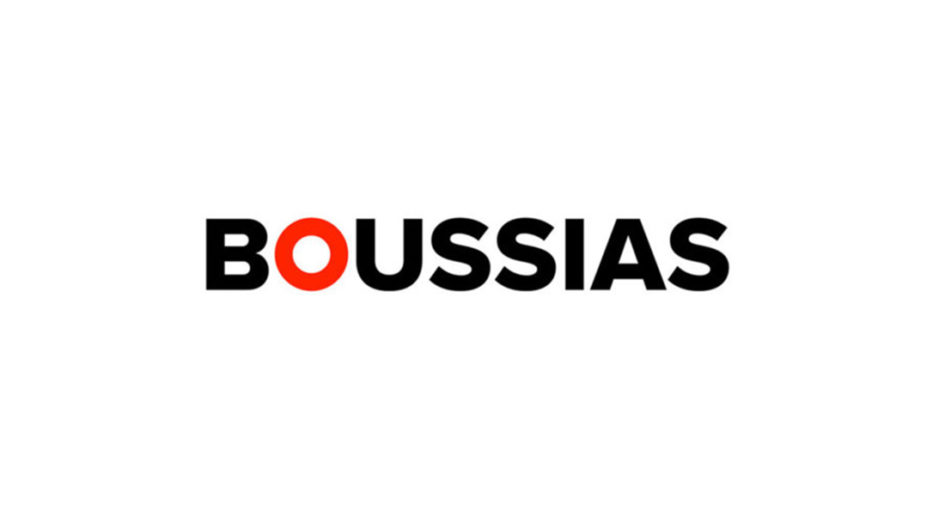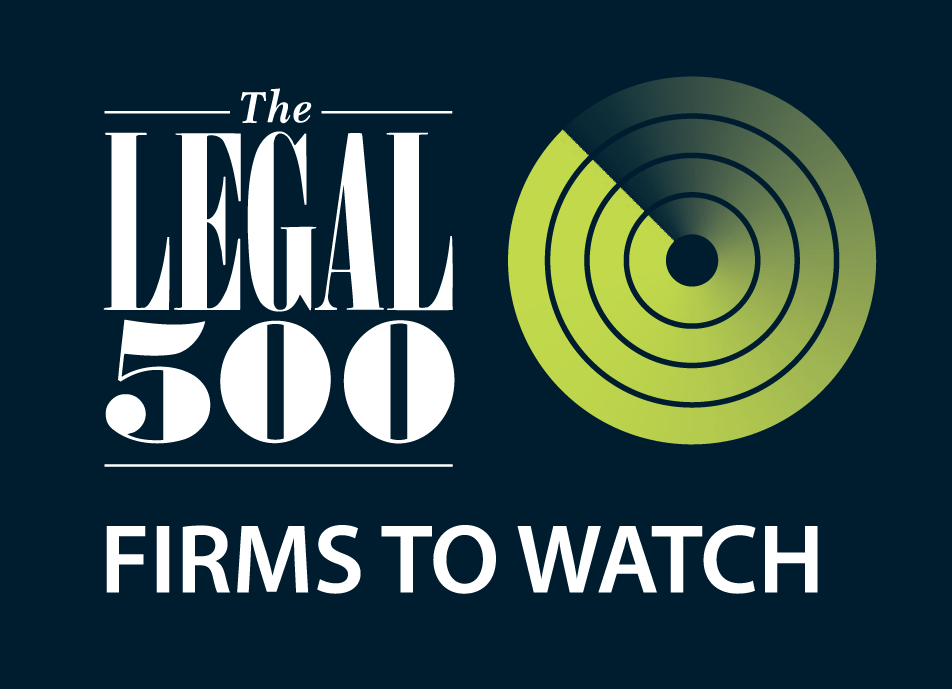Key points from the European Commission’s Press Release on the political agreement on rules to ensure a safe and responsible online environment.
Online marketplaces, social media and search engines will soon be subject to ground-breaking new rules in the European Union, following the political agreement reached between the European Parliament and EU Member States on the proposal for the Digital Services Act (DSA) on 22 March 2022 as announced in the EC Press Release of 23 April 2022.
The DSA is an innovative standard for the accountability of online platforms regarding illegal and harmful content. In addition, through its text, it establishes an improved framework for the protection of internet users and their fundamental rights, while setting a single set of rules in the EU market, supporting smaller platforms to grow and expand.
The text of the DSA includes:
- EU-wide due diligence obligations that will apply to all digital services that connect consumers to goods, services or content,
- procedures for faster removal of illegal content, and comprehensive protection of users’ fundamental rights online.
Who falls within the scope of the DSA?
Various online intermediary services fall within the scope of the DSA, whose obligations depend on: a) their role, b) their size and c) their impact on the online business environment and more specifically:
- Mediation services offering network infrastructure: Internet access providers, domain name registrars,
- Hosting services: such as cloud and webhosting services,
- Very large online search engines (VLOSEs): very large online search engines with over 10% of the 450 million consumers in the EU and therefore a greater responsibility in curbing illegal content online,
- On-line platforms: bringing sellers and consumers together, such as on-line marketplaces, app stores, collaborative economy platforms and social media platforms,
- Very large online platforms (VLOPs): Very large online platforms, with a reach of more than 10% of the 450 million consumers in the EU, which could pose particular risks in terms of the dissemination of illegal content and social harm.
The DSA includes measures for :
- Tackling the marketing of illegal products, services or content online, such as:
- adopting a mechanism for users to easily flag such content and for platforms to cooperate with so-called “trusted flaggers”,
- establishing new obligations concerning the traceability of business users in online marketplaces.
- The empowerment of users and civil society, among others:
- The possibility to challenge the content delimitation decisions of the platforms and the possibility to seek redress a) through an out-of-court dispute resolution mechanism or b) through the judicial process,
- providing access to verified researchers to the key data of the largest platforms and providing access to NGOs to access public data in order to provide greater insight into how online risks are evolving, transparency measures for online service platforms on various issues, including the algorithms used to recommend content or products to users,
- The assessment and mitigation of risks, such as:
- introducing obligations for VLOSEs and VLOPs to take risk-based measures to prevent abuse of their systems and subjecting their risk management systems to independent audits,
- mechanisms for rapid and effective adaptation to crises affecting public safety or public health,
- new safeguards for the protection of minors and limits on the use of sensitive personal data for targeted advertising; and
- Enhanced oversight and enforcement by the Commission when it comes to VLOPs.
The next steps to follow are as follows:
- Finalisation of the text at technical level in the coming weeks and formal adoption by the European Parliament and Council by the end of June 2022
- Following adoption, the DSA will be directly applicable across the EU either after 15 months or from 1 January 2024, whichever is later, after its entry into force. However, for VLOPs and VLOSEs in particular, the DSA will apply four months after designation.
The information in the article is taken from the European Commission’s press release published on 23/4/2022 on the Commission’s website.






